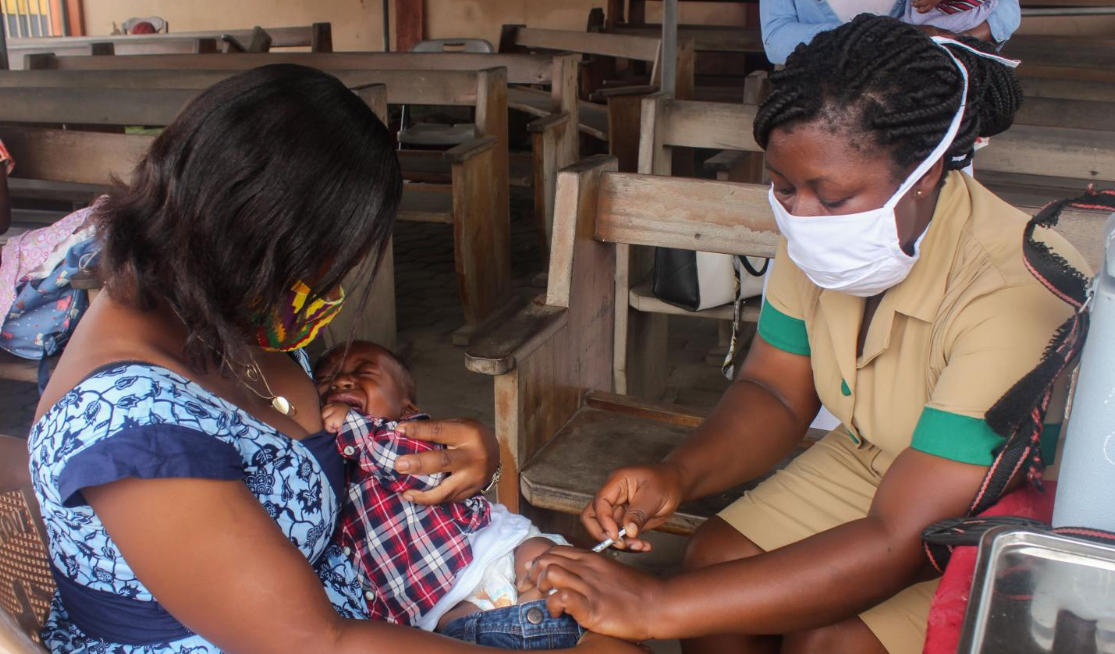EU Commission provides €64.7million to Southern Africa to deal with COVID-19
In Mauritius, EU humanitarian funding is supporting the national coronavirus preparedness and response plan.

- Country:
- Mauritius
The European Commission is providing €64.7 million in humanitarian aid for countries in the Southern Africa region to help support people in need dealing with the coronavirus pandemic, extreme weather conditions - such as persistent drought in the region - and other crises.
Janez Lenarčič, Commissioner for Crisis Management, said: “The EU is helping to provide life-saving assistance to impoverished households suffering from crop and livestock losses due to drought. The aid package will also strengthen the preparation and response to the coronavirus pandemic for countries in the region. In parallel, the EU is helping communities better prepare for natural hazards and reduce their impact.”
Funding from this aid package will go for humanitarian projects in Angola (€3 million), Botswana (€1.95 million), Comoros (€500,000), Eswatini (€2.4 million), Lesotho (€4.8 million), Madagascar (€7.3 million), Malawi (€7.1 million), Mauritius (€250,000), Mozambique (€14.6 million), Namibia (€2 million), Zambia (€5 million) and Zimbabwe (€14.2 million). A further €1.6 million is allocated to regional disaster preparedness actions.
Funding will target:
food assistance to vulnerable households and helping farmers in the affected areas restore their means of subsistence;
coronavirus prevention and preparedness actions to support local health systems and facilitate access to health care, protective equipment, sanitation and hygiene;
disaster preparedness projects that also cover new needs brought about by the coronavirus pandemic. They include strengthening early warning systems and evacuation plans for communities at risk of natural hazards, and having emergency stocks of personal protective equipment;
support for children’s education and providing training to teaching staff.
In Mauritius, EU humanitarian funding is supporting the national coronavirus preparedness and response plan. The projects will be assisting with access to testing, infection prevention and control measures in public health facilities and risk communication, including to hard-to-reach communities.
Given the serious deterioration of the security situation in Cabo Delgado in northern Mozambique, €5 million will support vulnerable people in the area.
(With Inputs from APO)
- READ MORE ON:
- Janez Lenarčič
- European Commission
- Mauritius
- COVID-19
- Southern Africa










